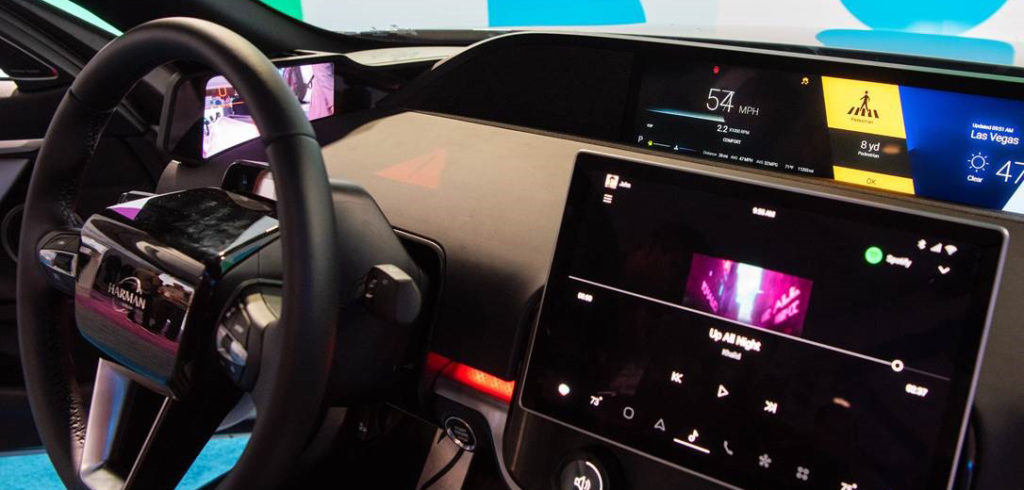With the ever-increasing amount of onboard technology present in vehicles, the means by which consumers interact with this technology and the quality of that experience is of greater importance than ever.
The Experiences Per Mile (EPM) Advisory Council, a collaboration of automotive and technology stakeholders, including VW, Salesforce, Ford, Spotify and HARMAN, recently released a report addressing this subject, titled, Experiences Per Mile 2030: Ensuring the Next Decade of Mobility Transformation Puts the Consumer First and Foremost.
The report predicts that built-in vehicle connectivity will grow sharply from 48% of all new global automobiles in 2020 to nearly 96% by 2030. Similarly, by 2030, 79% of vehicles shipped around the world will have Level 2 autonomy or higher.
Meanwhile, as new consumer values like the sharing economy and sustainability continue to take hold, US-based SBD Automotive, which conducted the research, estimates that 26% of mobility profits will be derived from new sources such as on-demand mobility, while 24% of all new cars sold by 2030 will be electric.
As the world becomes more connected, the report posits that cars will shift from simply being connected to being consumer experiences – as the authors term it, “from RPM to EPM (experiences per mile) ”.
Consumer expectations are now changing from demanding smart technologies to requiring integrated and meaningful connected experiences. But while most consumers report they are relying on technology more today than they did just a few years ago, nearly 40% feel this abundance of connected solutions is becoming too complicated.
To bridge this gap between technology and experience, the report suggests three key focus areas that are paramount to driving meaningful innovations in this area:
- Reduce complexity to remove barriers, for example, integrating devices into a single digital experience.
- Increase focus on usability and familiarity to help users safely access information while on the go.
- Prioritize the connectivity experience; specifically, it was found that digital experiences have become a key factor for consumers when purchasing a vehicle.
On this final point, respondents surveyed for the report listed elements such as increased productivity while driving, helpful suggestions on facilities such as fuel stations, ease of access to communication tools and an entertaining environment as important factors in their buying decisions.
“Consumers are at the heart of the mobility experience, and as technological advancements continue to disrupt the marketplace, no single company can possibly deliver on these experiences. And it won’t happen all at once,” said Jeffrey Hannah, director of SBD Automotive.
Summarizing, the report suggests that to maintain pace with innovation and respond to growing consumer irritations around connectivity, collaboration across industries, organizations and economies is essential. Furthermore, this collaboration must be centered on the collective consumer experience, and how disparate technologies and services can come together to create cohesive use cases for automotive customers.
The full EPM 2030 report can be downloaded here or at https://www.experiencespermile.org.



